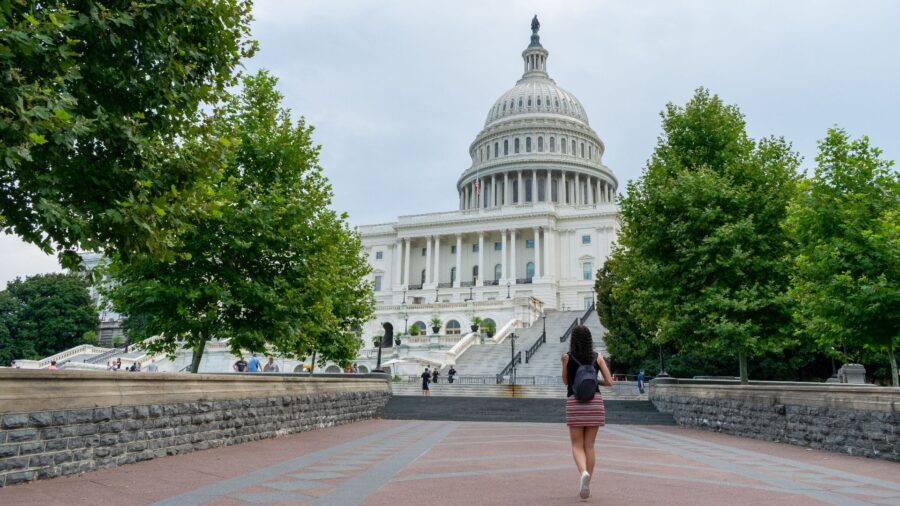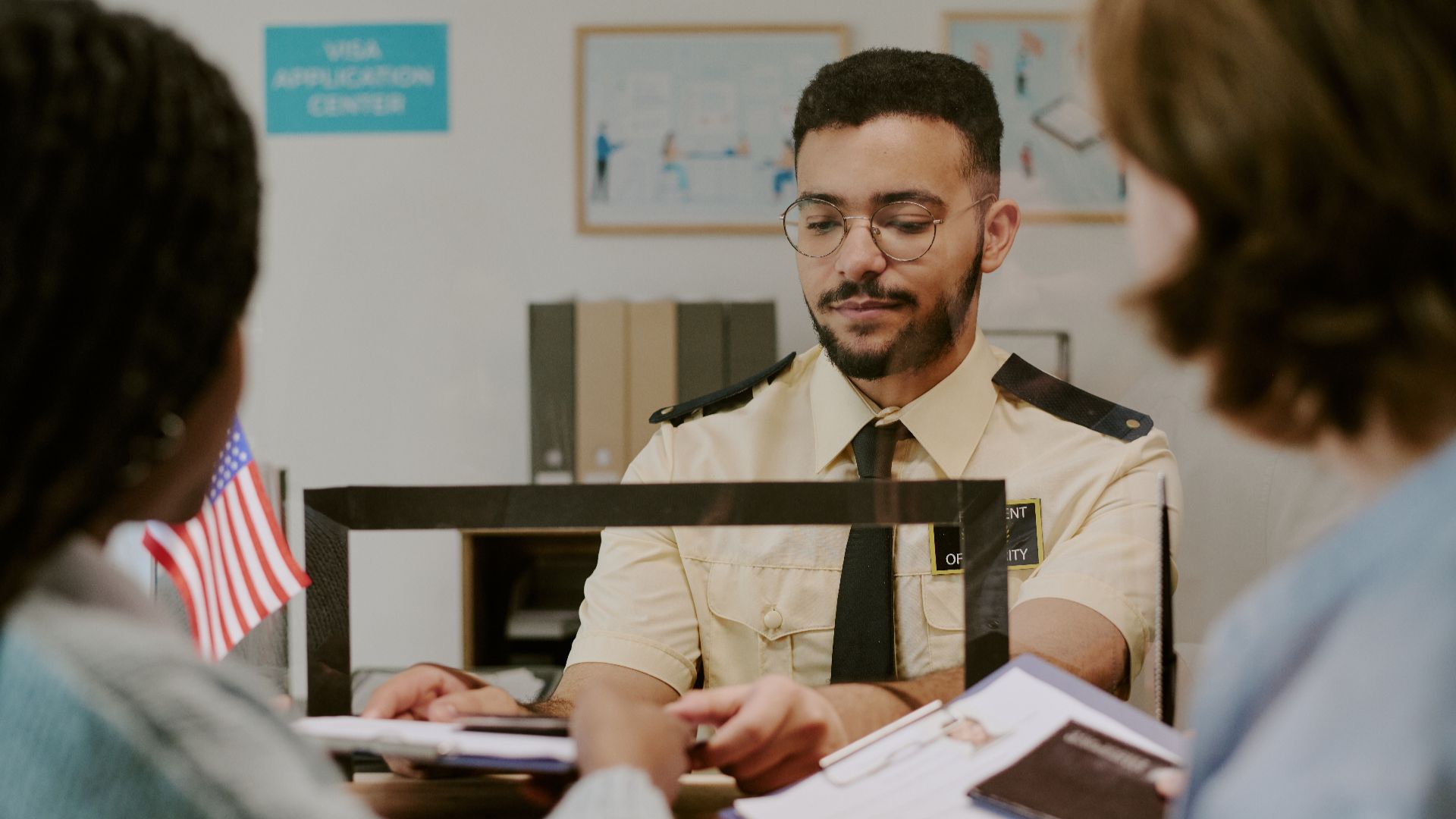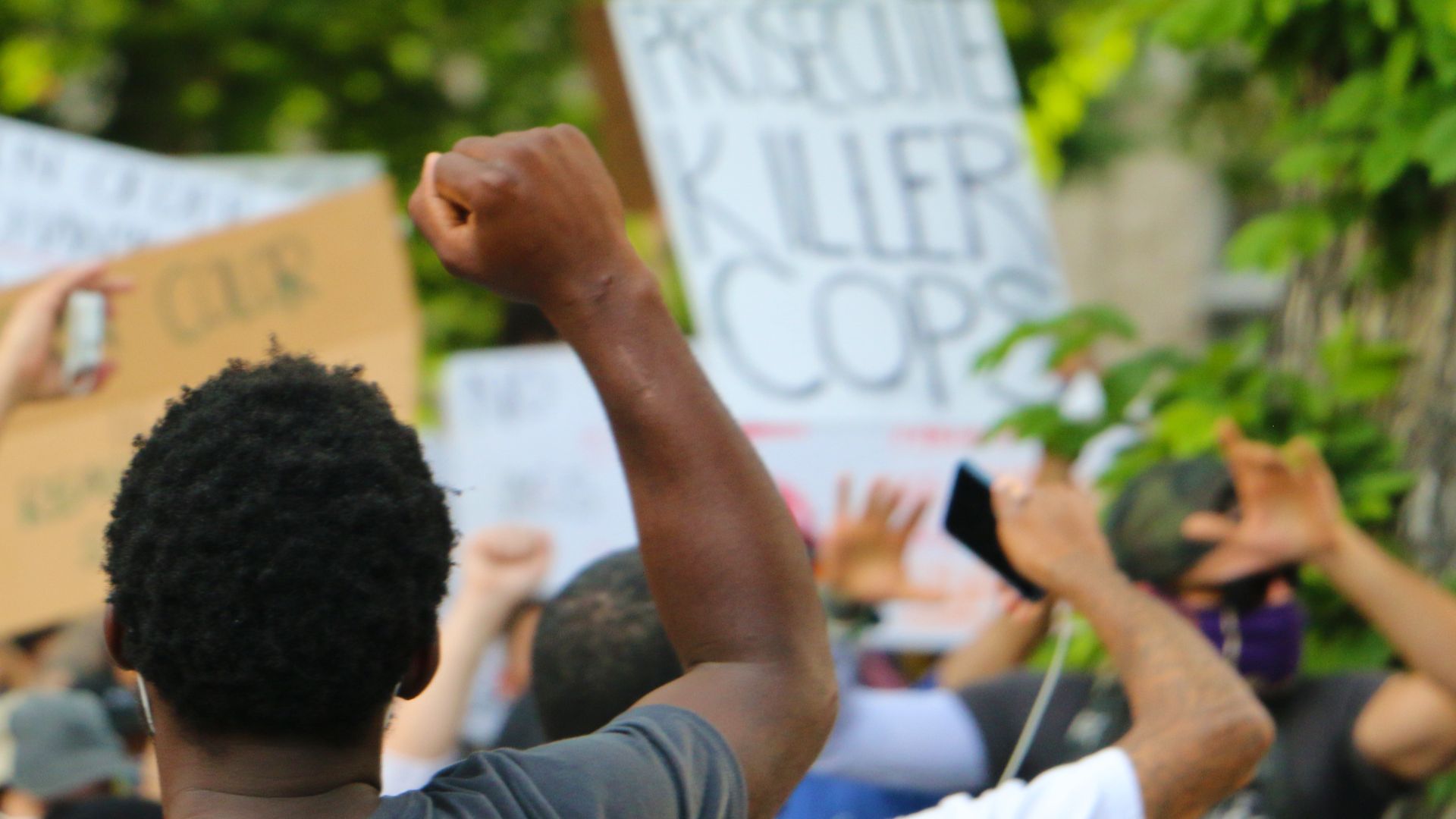When the U.S. government shuts down, the effects ripple far beyond Washington, D.C. For immigrants and families navigating the immigration process, a shutdown can bring confusion, delay, and stress. At Rebecca Black Law, P.A., we understand how crucial timing is in immigration matters—and how disruptions can upend lives that are already in transition.
What Happens During a Government Shutdown
A government shutdown occurs when Congress fails to pass a funding bill for federal agencies. While some immigration-related functions continue because they are funded through fees rather than appropriations, others slow down or stop entirely.
Agencies like U.S. Citizenship and Immigration Services (USCIS) generally remain open, since they are mostly funded by application fees. However, many immigration cases still depend on other government departments—such as the Department of Labor (DOL), Department of State (DOS), and Department of Justice (DOJ)—which may face partial or full closures. This overlap can cause significant bottlenecks.
Effects on Immigration Applications and Petitions
During a shutdown, processing delays are common. If your application requires certification from the DOL (for example, in an employment-based green card or H-1B petition), those certifications may be delayed. Similarly, consular services at U.S. embassies and consulates abroad may be limited, impacting visa interviews and travel plans.
For families applying for adjustment of status, fiancé(e) visas, or naturalization, appointments may proceed more slowly as government operations adjust to reduced staffing levels. E-Verify, the system used by employers to confirm work authorization, typically goes offline during a shutdown, affecting both employers and foreign workers.
Impact on Immigration Courts and Enforcement
Shutdowns also affect the immigration court system, which operates under the Department of Justice. In past shutdowns, most immigration courts closed except for those handling detained cases. This means non-detained individuals awaiting hearings can experience months of additional delay, prolonging uncertainty and emotional stress.
Enforcement agencies like U.S. Immigration and Customs Enforcement (ICE) and U.S. Customs and Border Protection (CBP) continue their essential operations, but with strained resources. This can create backlogs in detention and removal cases.
How Families and Businesses Can Prepare
If you or your business have an active or upcoming immigration case, it’s wise to plan for possible delays during a government shutdown. Keep communication open with your attorney, stay informed about agency announcements, and maintain all your documents and evidence up to date. For time-sensitive filings, early submission can help avoid being caught in the backlog once operations resume fully.
At Rebecca Black Law, P.A., we monitor these developments closely and advise clients on the best steps to protect their cases. Whether it means filing before a potential shutdown or adjusting timelines afterward, we help families, employers, and individuals navigate these challenges with as little disruption as possible.
Frequently Asked Questions About How a Government Shutdown Affects Immigration
1. Does a government shutdown stop all immigration services?
No. Many immigration services, such as those provided by USCIS, continue operating because they are primarily funded through filing fees. However, other agencies may slow down or pause operations.
2. Are USCIS offices open during a government shutdown?
Yes, USCIS usually remains open since it relies on applicant fees, not congressional funding. Still, some related processes can experience indirect delays.
3. Will visa interviews at U.S. embassies and consulates be canceled?
Possibly. If funding for the Department of State runs low, consular services may be reduced, leading to visa interview cancellations or rescheduling.
4. What happens to immigration court hearings?
Most immigration courts handling detained cases stay open, but non-detained hearings are often postponed until after the shutdown ends.
5. Can I still file for a green card during a shutdown?
Yes. You can still submit your green card application to USCIS, but expect possible processing delays if your case requires input from other agencies.
6. Does a shutdown affect asylum applications?
Asylum offices under USCIS typically continue accepting and processing cases. However, hearings before immigration judges may be delayed.
7. Is E-Verify available during a government shutdown?
No, E-Verify is usually unavailable during a shutdown. Employers must postpone creating new cases until the system is restored.
8. Are immigration enforcement operations affected?
ICE and CBP continue their law enforcement and border operations, as they are considered essential government functions.
9. What about work visa petitions like H-1B or L-1?
USCIS can continue processing these petitions, but cases requiring Labor Condition Applications (LCAs) or prevailing wage determinations from the DOL may be delayed.
10. Can I still travel internationally during a shutdown?
Yes, but visa and passport services may be slower. Check with your local consulate or embassy before making travel plans.
11. Will passport offices stay open?
Some passport services remain available, especially at self-funded locations, but staffing shortages may cause longer wait times.
12. How long do immigration delays last after a shutdown ends?
Delays can linger for weeks or months as agencies work through backlogs created during the shutdown.
13. Can I attend my biometrics or USCIS interview during a shutdown?
If USCIS is open and you receive an appointment notice, you should attend as scheduled unless you are notified otherwise.
14. What if my immigration deadline falls during a shutdown?
You should still file on time. USCIS and other agencies usually continue accepting applications even during funding gaps.
15. Does a government shutdown affect DACA renewals?
No, DACA renewals continue to be processed by USCIS, though slight administrative delays are possible.
16. Will I lose my place in line if my interview is canceled?
No, but rescheduling can take time. Your case will remain active and be given a new date when operations resume.
17. Are refugee and humanitarian programs affected?
Some refugee admissions and humanitarian operations may be delayed, especially if they involve overseas coordination through the Department of State.
18. Can employers still hire foreign workers during a shutdown?
Employers can submit petitions, but without access to E-Verify or timely DOL certifications, hiring may be delayed.
19. Should I wait to file my immigration application until after a shutdown?
Not necessarily. Filing early can secure your place in line, and most USCIS processes continue uninterrupted.
20. How can an immigration lawyer help during a shutdown?
An experienced immigration attorney can track agency updates, ensure filings are submitted correctly, and help you prepare for possible delays or changes in procedure.
Compassionate Support During Uncertain Times
Immigration is already a complex and emotional journey. Add the unpredictability of a government shutdown, and it’s understandable to feel anxious. Our team’s mission is to guide you through these challenges with clarity and care. We don’t just file paperwork—we build a strategy that protects your family, your future, and your peace of mind.
If you have concerns about how a government shutdown could affect your immigration process, contact Rebecca Black Law, P.A. in Jacksonville. We are here to provide the answers and advocacy you need to move forward, no matter the circumstances.





